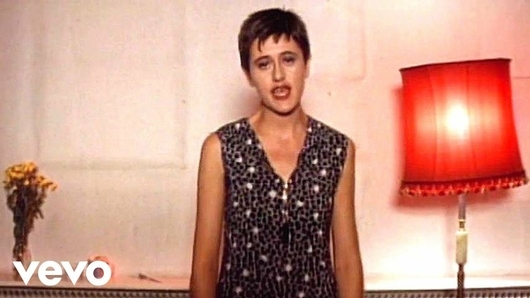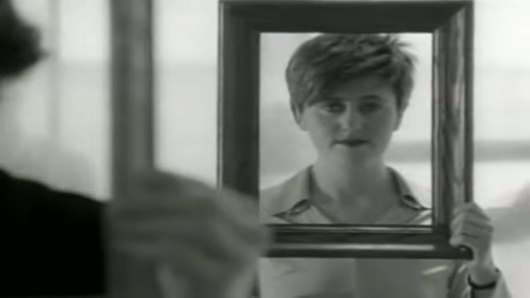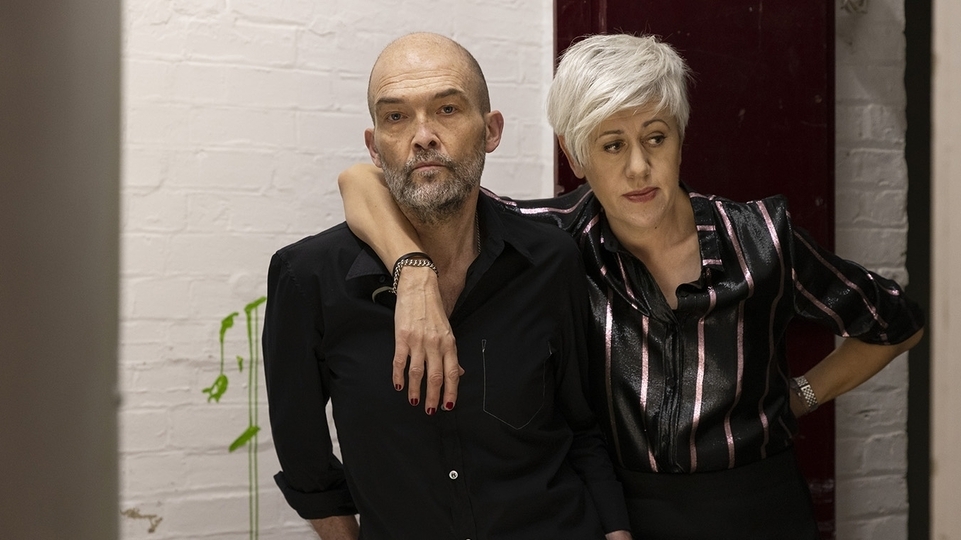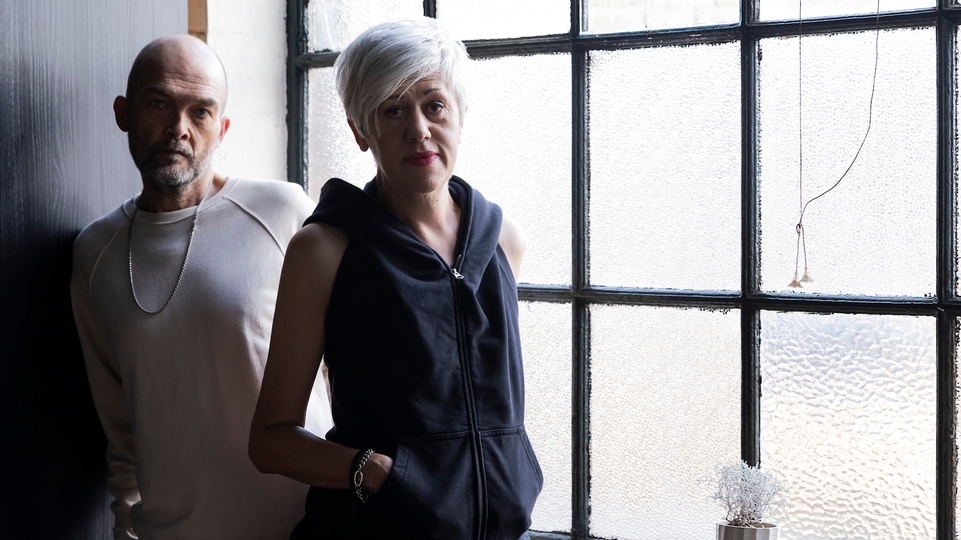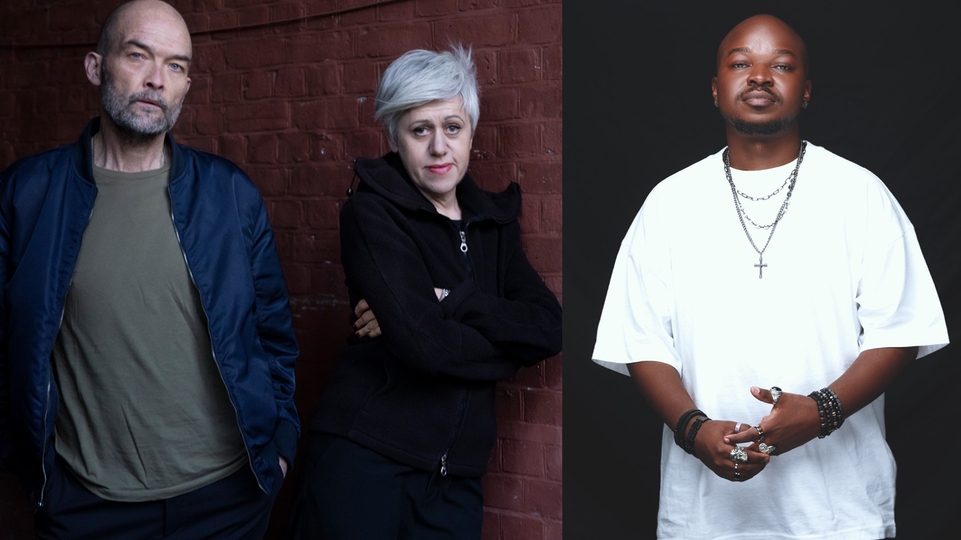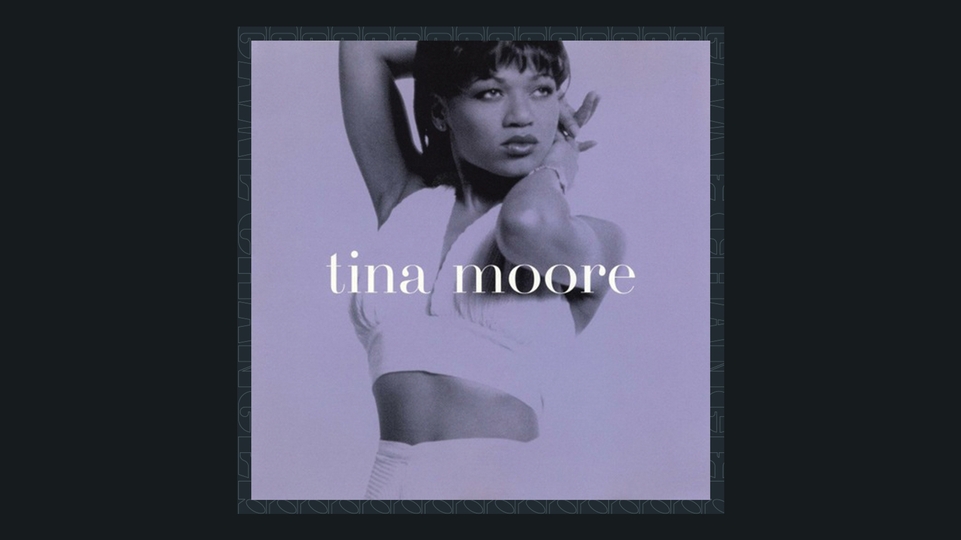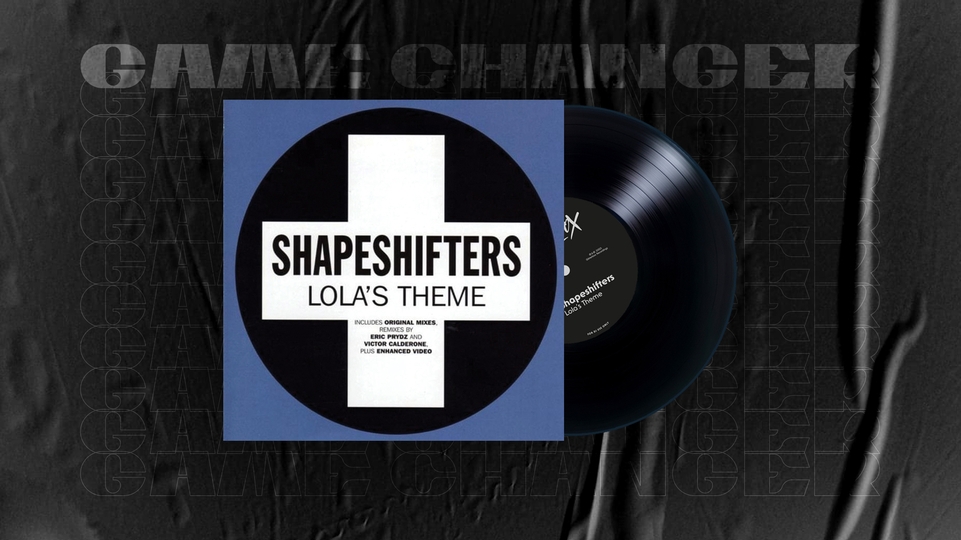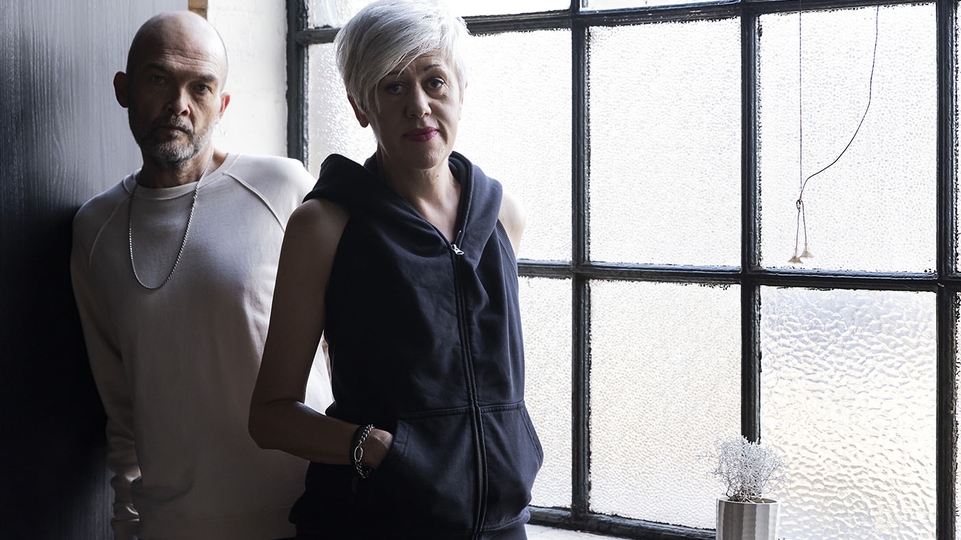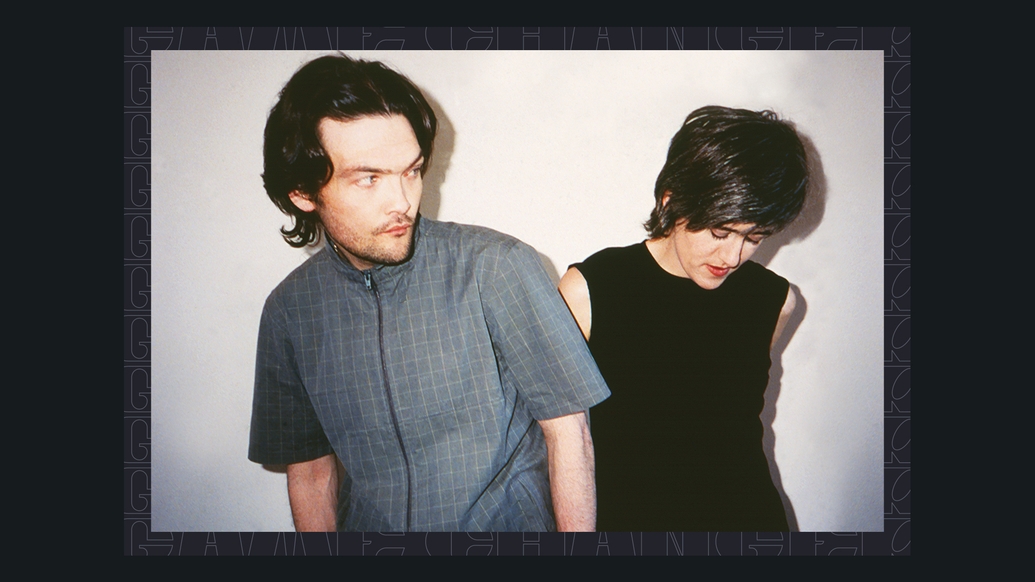
How Everything But The Girl’s ‘Missing (Todd Terry Club Mix)’ became the ultimate club-pop crossover
When New York house legend Todd Terry remixed Everything But The Girl, it catapulted them to a new level of fame, and into the world of dance music. With their first album in 24 years, 'Fuse', out now, Tracey Thorn and Ben Watt reflect on their classic track, and how it transformed their lives
“Once ‘Missing’ became a club hit, Warner re-released it, so then it became a full-blown pop hit,” says Everything But The Girl’s Tracey Thorn, reminiscing on the runaway success of their evergreen song. “We were going out to do appearances in Italy and stuff, on massive stages, often miming along to it. Honestly, it felt incredible. Don’t forget, we were at a stage in our lives where this wasn’t our first record, we’d already been around for quite a long time, we were already in our thirties. Then suddenly we’ve got the biggest hit of our entire career. We were a bit like, heads spinning for a while, what the fuck? We wanted to come back, but we didn’t imagine it would be this.”
By 1994, Tracey Thorn and Ben Watt had released seven albums as Everything But The Girl, with records like the jazz-influenced ‘Eden’ and the poignant pop of ‘Idlewild’ already affirmed classics. They’d been through turbulent years, with Watt suffering and finally recovering from a rare auto-immune condition, Churg-Strauss syndrome, that nearly ended his life. Then Todd Terry’s remix of ‘Missing’ elevated them to a different level of fame. Suddenly, the duo (today a married couple) were thrust into the international limelight, with a track that morphed from underground club sensation into a No.3 hit in the UK charts and No.2 in the US.
New York house legend Terry took Thorn’s heartfelt vocals and effecting lyrics, and Watt’s evocative melodies, and draped them over an irresistible NYC rhythm track powered by driving chord riffs, effervescent bass and melancholic strings, crafting a version that resonated with a wide audience. Suddenly, Everything But The Girl’s career took off on an unexpected electronic tangent. ‘Missing’, though, was always intended as a dance-influenced track, even before any remixes of it were made. As the duo tell DJ Mag over Zoom, they started to get interested in adding beats and samples to their music as early as 1990, and decided to incorporate more electronics into their 1994 ‘Amplified Heart’ album. “We had some success with the remix that Bristol Baseline had done of ‘Take Me’, which was an underground white label of a track on ‘The Language Of Life’, and I really liked it and wanted to go down that route on this record,” says Ben Watt.
With the assistance of producer John Coxon, they fleshed out the guitars and vocals of one standout track, 'Missing', with dance beats. “John didn’t have a break for it to start with,” adds Watt, “so we used Raze’s ‘Break 4 Love’ loop as a placeholder, and we started to write the track around it in John’s studio, putting the first guitar part down. There were some old classical string samples that John had that were out of copyright, and I remember some of those on the choruses and stuff, so it was a real mixture of technologies.”
Tracey’s lyrics were already mostly in place, but the chorus was incomplete. The song’s most memorable line was devised on the spot in the studio in a moment of inspiration. “We had half the lyrics, we found them recently, the originals in my notebook,” says Thorn. “It gets to the chorus, and it goes, ‘I miss you’, and there was another line after that, but that was crossed out, and there was a gap. Ben said he can remember there was a moment when we were in the studio about to do it, and he said, ‘It’s gotta be, and I miss you like the something something something’. It’s the line that ends up becoming the hook, the most famous line of our career, you know? It was come up with on the spur of the moment. One of us went, ‘the deserts miss the rain, yeah!’”
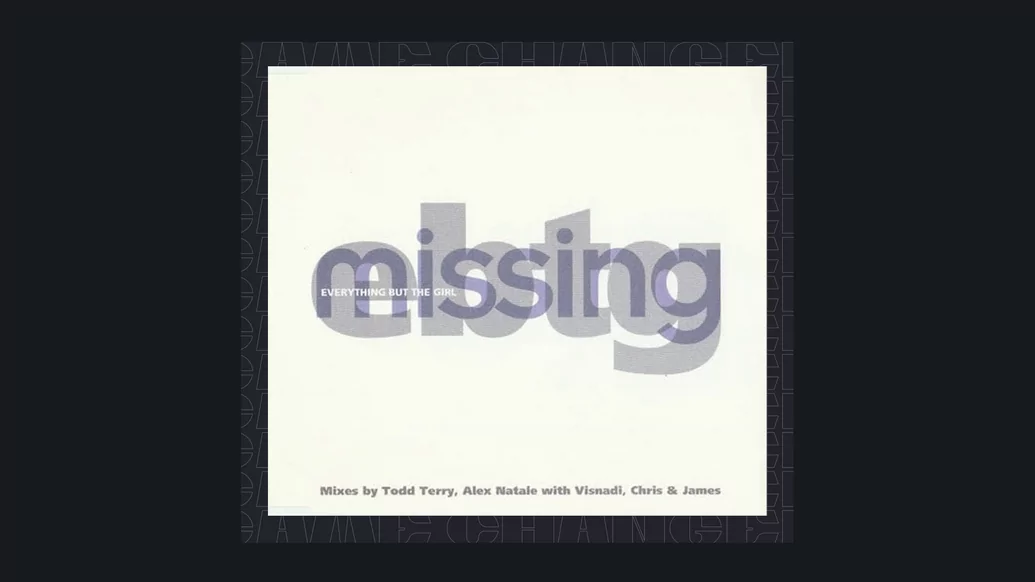
Around the same time they were recording ‘Amplified Heart’, Everything But The Girl were also working with Massive Attack on two tracks for their epochal ‘Protection’ album. They were fired up by the possibilities of this more electronic sound, and having decided ‘Missing’ would be the first single from their new album, commissioned a slate of remixes. UK duo Ultramarine and progressive house act Chris And James made versions; then Everything But The Girl’s American label made another suggestion. “Johnny D, who was the A&R guy at Atlantic, said, ‘We just need a mix for the New York clubs. I know Todd Terry, he’s an old friend, I’m sure he’d love to do it, how’d you feel about that?’” says Watt. “We said, ‘Yeah, sounds really great, Todd Terry, legend, let’s get him to do it’. Even when Todd’s mix was delivered, nobody said, ‘Oh my god, global smash hit’. All of us just said, ‘Wow, what a great club mix’. That’s how it started its life, and Johnny serviced it, and I think he sent out a blue translucent 12-inch and called it the ‘Bootleg Mixes’.”
Terry’s beats complemented Thorn’s vocals with sublime synchronicity, a symbiotic relationship of bittersweet melodies and swung NYC house. “At that time I was doing tonnes of remixes, but that song came in, and I loved it,” Todd Terry recently told 909originals.com. “Even my manager was asking, ‘Is that for you?’ and I was like, ‘Yeah, that’s the kind of stuff I really want to do’. I want alternative shit, and I want my hard-ass beats. I think that’s a good world to be in. I think that gives the dancefloor more fusion.”
But when Everything But The Girl first played the new music to their UK label Warner, they were less than impressed. “Warner got cold feet on our whole career, basically,” Watt remembers, “and called us into a meeting and said, ‘Look, I’m sorry, but you’ve had a good run. We think we should probably call it a day’. We were going, ‘Wait, what? Okay, well can we just play you a couple of things before we leave the meeting?’ and they said, ‘Yes, okay’, looking at their watches. We played them Todd’s mix of ‘Missing’, we played them ‘Protection’ that we’d just finished with Massive Attack, and they said, ‘Hmm, I don’t think it’s gonna work’. Haha! So we were out of a deal with our main label. We were still on Atlantic in America, but for the rest of the world we’d been dropped. This blue white label of Johnny’s went out into the world, but there was no support for it, so it was really like an indie release. There was no marketing, no promotion, ’cause our label had just fallen away.”
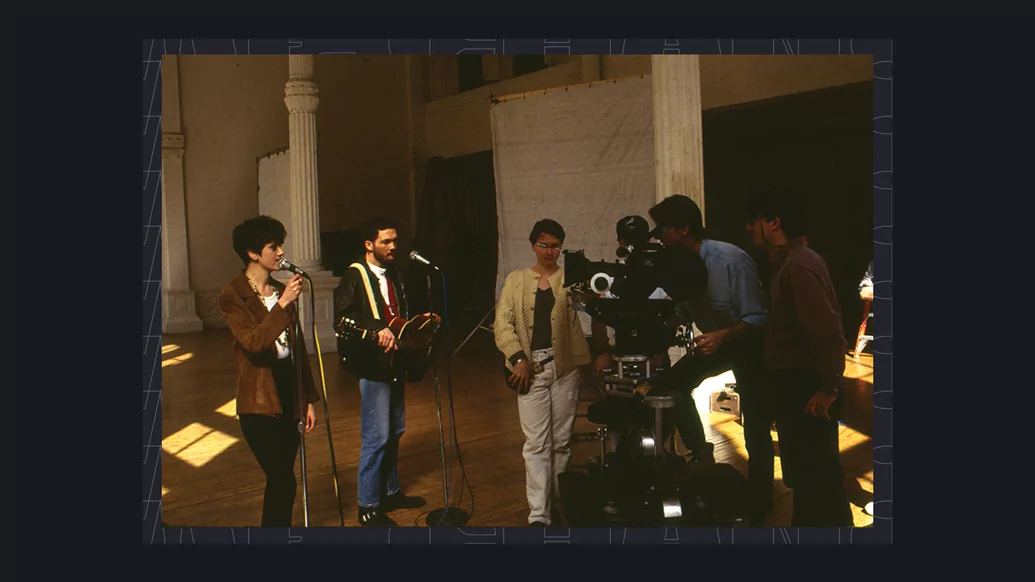
"I think after being a hit, after the event, it went on to be one of those tracks played at funerals and people’s memorials. It had a kind of resonance beyond the dancefloor.” – Tracey Thorn
When it reached US dancefloors though, ‘Missing (Todd Terry Club Mix)’ blew up. Initially, clubs in Florida were responsive, then gay clubs in San Antonio, Texas, and venues in New York and San Francisco. In Europe, DJs picked up import copies, and its popularity began to build. “Progressive house was burning out, and suddenly this track came along with a soulful vocal,” says Watt. “I remember talking to quite a few DJs in the years afterwards who said they vividly remembered it sticking out as something that felt really fresh. We just got very lucky that it was the right track at the right time.”
One of the song’s most striking features is its lyrics. Thorn’s disarmingly frank words have a directness and elegiac sense of loss that give ‘Missing’ a deeper resonance than your average club track. Like some of the best dance songs, it maintains a balance between bittersweetness and bliss, rapture and tears on the dancefloor. Asked what made ‘Missing’ such a hit, Thorn agrees its naked emotion is a factor. “I don’t think you can ever say that one element is the thing that does it,” says Thorn. “But I do think it’s a very emotional track. Look, I’ve got friends who’ve said to me they heard it in gay clubs and that the timing of that moment, in the ’90s — given what had happened, the AIDS crisis, a lyric about loss, about losing or missing people — I think after being a hit, after the event, it went on to be one of those tracks played at funerals and people’s memorials. It had a kind of resonance beyond the dancefloor.”
With ‘Missing’ a huge pop hit, and their collaborations with Massive Attack riding high, Everything But The Girl experienced a new level of fame. “I can remember thinking, if this catches light, this really could lead somewhere new for us,” says Watt. “We could leave the ’80s behind, we could re-develop our sound for a new era.” They began collaborating with dance artists like Deep Dish and Tiefschwarz, but their follow-up album to ‘Amplified Heart’, 1996's ‘Walking Wounded’, nearly took a very different turn, with the band initially working with Brad Wood from post-rock band Tortoise in New York. While they were there, Watt heard something that got him fired up and changed Everything But The Girl’s sound again.
“A couple of friends rang me up and said, ‘Have you heard about this new club, Speed, with Fabio and all that?’ They said, ‘The rave scene’s gone into this new really lightweight, jazzy, drum & bass thing’. I said, ‘That sounds good’. I picked up a couple of 12-inches while I was in New York, I got to hear Alex Reece’s ‘Basic Principles’ and an early tune by Peshay, and I’m thinking, ‘Oh my god! This is awesome’. I think we basically changed direction, almost overnight. I remember saying to Tracey, ‘I don’t want to be in New York anymore, I want to go back to London where this is happening’, because this sounded really exciting. And it was that that was the inspiration behind ‘Walking Wounded’.”
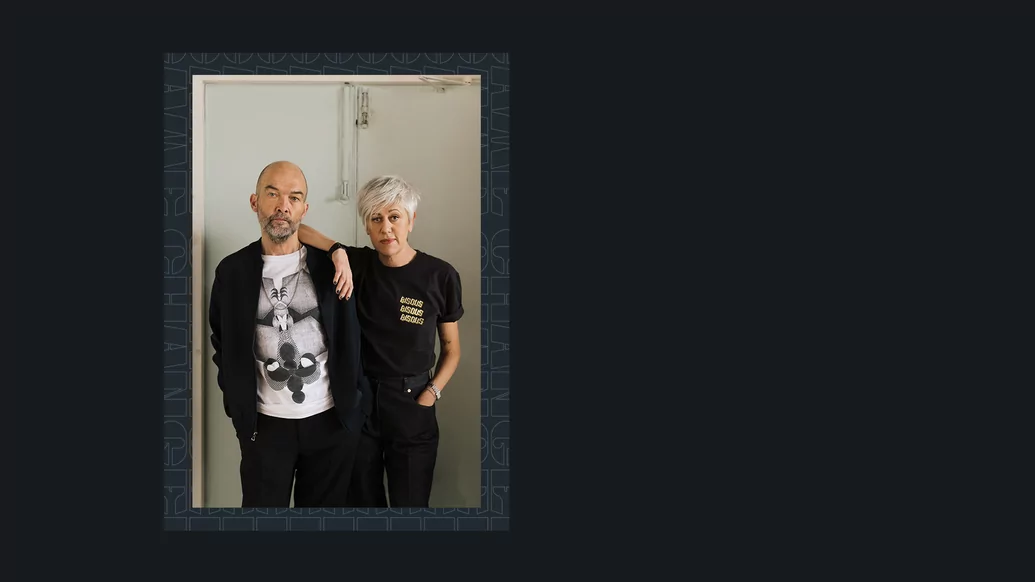
‘Walking Wounded’ was another hit, assuring their credentials in the dance world. Meanwhile, Watt was starting to DJ more and more, opening up the Lazy Dog club night in West London, before starting his much-loved deep house imprint Buzzin’ Fly, which released classics by the likes of Jimpster, Justin Martin, Tevo Howard and Spencer Parker. Everything But The Girl, though, went on hiatus after their 1999 album ‘Temperamental’, with both Thorn and Watt working on solo projects. Everything But The Girl’s new record ‘Fuse’ is their first in nearly 24 years, and finds them returning to electronic music for inspiration. ‘Caution To The Wind’ nods to house music, while ‘Lost’ incorporates the beatific ambient sound that Watt has included on his ‘Air Gap’ Spotify playlist. The biggest track is first single ‘Nothing Left To Lose’, with Thorn and Watt mining the darker side of UKG and breakbeat.
“Ben was keen especially, even if we did start bringing some beats in, to not go too much down a nostalgia path,” says Thorn. “We’re aware at the moment there’s a bit of nostalgia for the whole late ’90s, early noughties thing. Part of us thought it would be quite easy for us to do that, and perhaps let’s not — let’s try to do something that does reference our identity in that world, but is moving somewhere new.” “I thought, ‘Well, this is a beat we haven’t looked at before’,” adds Watt. “I quite like the way it’s been reinvented by some of these younger artists, like Overmono, it’s got a good fresh feel to it again. I thought, ‘How can we use this in our area and make it our own?’”
The response to the duo’s new material has been rapturous — something that Thorn and Watt are relieved about. “It’s been amazing,” says Thorn. “We don’t take that for granted at all. Some of the trepidation we had at the beginning about starting is to do with that feeling of, supposing it’s not as good as what we did before? Obviously there’s been this outpouring of people saying this stands alongside the good work they’ve done in the past, so that’s a good feeling — feeling like we haven’t, you know, let ourselves down!” The album was released on Buzzin’ Fly, which is still in operation, but hasn’t released a dance single for years.
It’s enabled Everything But The Girl to do their own thing, though, and it might return in some other incarnation. “I still get offers from other dance labels trying to buy it off me, but at the moment I’m proud of its legacy, and if I can think of an alternative future for it that feels right, maybe I’ll revive it in some way,” says Watt. “I’m very proud that it’s put out the Everything But The Girl record — we’re still independent and still able to do that.”

